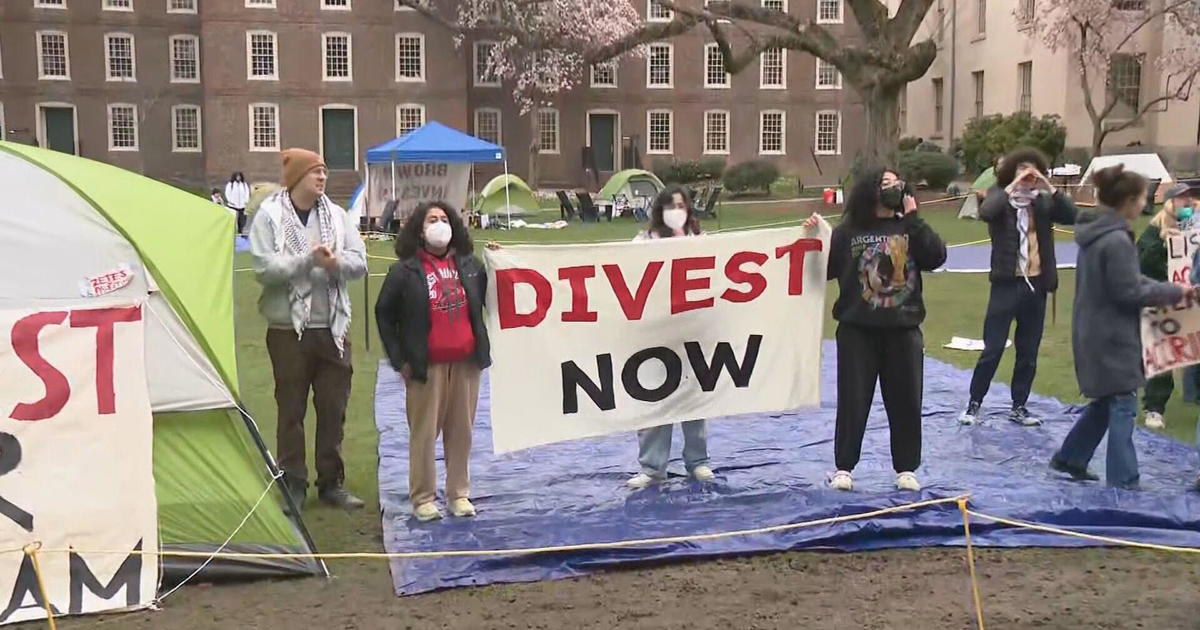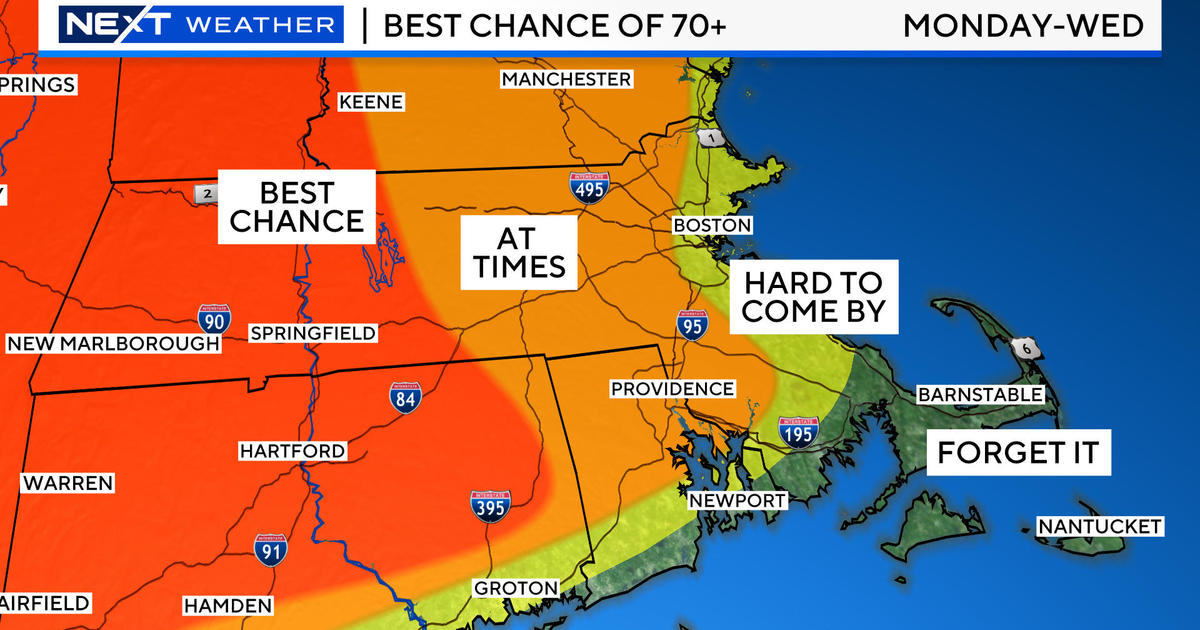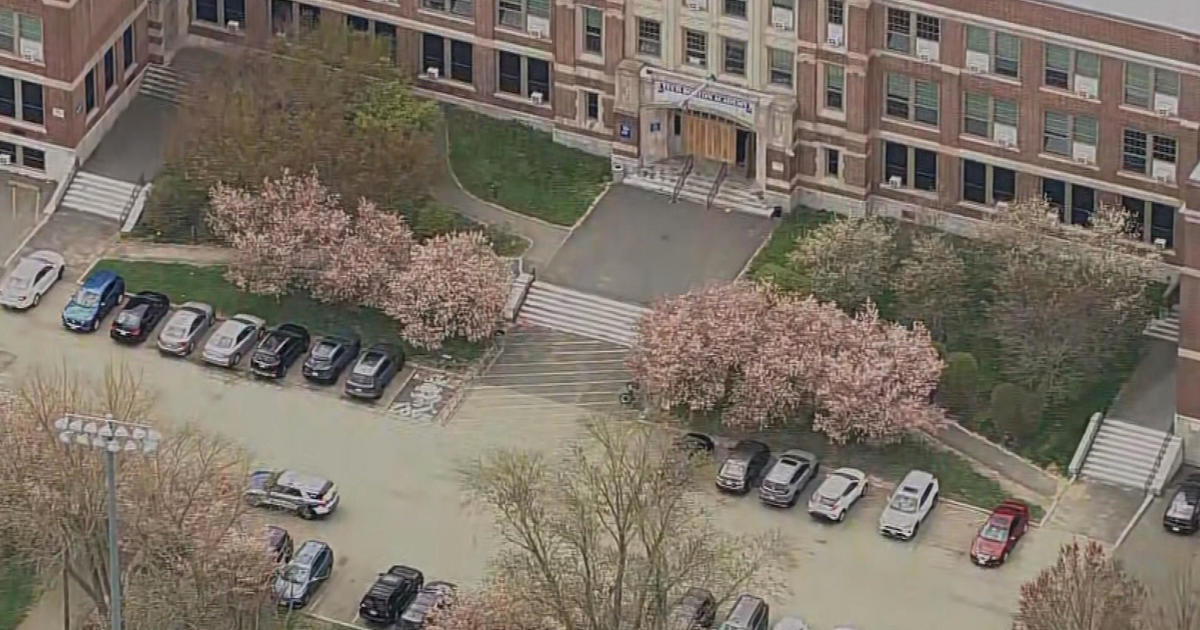How Accurate Are Home COVID Tests? Dr. Mallika Marshall Answers Your Questions
BOSTON (CBS) -- Dr. Mallika Marshall is answering your coronavirus vaccine-related medical questions. If you have a question, email her or message her on Facebook or Twitter.
Dr. Mallika is offering her best advice, but as always, consult your personal doctor before making any decisions about your personal health.
"What is the incubation period for COVID?" -Deborah
You can develop symptoms two to 14 days after exposure to the virus, though with the Omicron variant, symptoms usually begin within three days. And people are most infectious one to two days before they develop symptoms and then for about two to three days into the illness.
"How accurate are the home COVID tests?" -Deborah
The home tests are not as reliable as the PCR tests that are done in the lab, however, they can be very helpful in certain situations. For example, if you test positive on a rapid home antigen test, you probably have the virus and are likely infectious. If you test negative, however, you are either not infected or it is too early in the illness for the test to detect the virus. Therefore, if you've been exposed or you develop symptoms and you test negative, test again in a few days and continue to wear your mask around others.
"My three-year-old grandson had COVID and just as he was about to emerge from quarantine his seven-month-old sister tested positive. I was going to take my grandson during the day to help his parents but should I worry about taking one while the other is still positive?" -Linda
If it's been at least 10 days since your grandson developed symptoms or tested positive he's feeling better, he is probably no longer contagious, even if his sister is now sick. He has probably built up some immunity that should protect him from getting infected again for at least several months. However, I would not be around his sister until she has come out of quarantine.
"We have heard there are certain things that should not be done before taking a COVID test like do not eat or drink and do not brush your teeth or use mouthwash. Are there any others?" -Carol and Bob of Quincy
The tests that you perform yourself at home should involve using a nasal swab, not a throat swab, so you really don't need to avoid eating or drinking 30 minutes before swabbing your nose. Those precautions would be for saliva samples which you should not be doing at home. And the FDA just issued a warning that people should not be trying to swab their own throats with nasal swabs.



